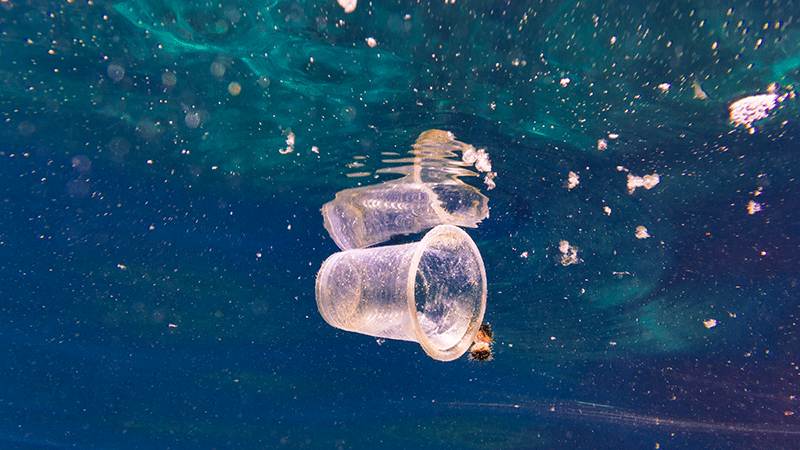Published:

Heriot-Watt researchers are participating in a three-year international collaboration that will research the sources, impacts and biodegradation of microplastics in order to combat plastic pollution in Southeast Asia.
Drs Tony Gutierrez and Dr Anne Bernassau from Heriot-Watt University will work on a project led by Stirling University; one of four projects funded as part of the £6million Understanding the Impact of Plastic Pollution on Marine Ecosystems in South East Asia - South East Asia Plastics (SEAP) - Programme.
The team will investigate how plastic enters and behaves in the environment, its effect on marine life, and suitable approaches to reducing environmental damage. It includes participants from the UK, Singapore, Thailand, Malaysia and Indonesia, partners in Belgium and the USA and government bodies in Singapore.
Sabine Matallana-Surget, of Stirling University’s Faculty of Natural Sciences, said: “The Southeast Asian region is facing one of the most important marine plastic pollution crises on our planet, threatening the biodiversity of marine ecosystems, coastal tourism, fisheries and aquaculture, which are vital for the economic growth of the region.
“Plastic debris are persistent in the marine environment and are dominated by the smaller abundant plastic particles, defined as microplastics, that are of increasing concern.
Heriot-Watt’s Dr Gutierrez and Dr Bernassau will use sophisticated microbiological, molecular and engineering approaches to characterise and quantify microplastics in coastal waters of Southeast Asia, and identify the microbes involved in their biodegradation, and determine whether these pollutants pose a hazard to tourists or local aquaculture industries and consumers that eat their products.
Gutierrez said: “Microplastics are a major pollution challenge in Southeast Asia’s coastal waters, and I’m interested in finding out whether they are persistent or are susceptible to biodegradation. Is there a natural process that can reduce or remove them?
“This is important because animals like mussels and shrimp, which filter water, could be ingesting microplastics, and in doing so these animals may also ingest bacteria, viruses or other microbes that cause disease. Our priority is to understand whether this poses any risks to the health of these animals and, in turn, to consumers that eat them.
“One of my pet interests in this project is to uncover new species of microorganisms that are able to break down and use plastics as a form of food. For this, my lab uses a sophisticated technique called DNA-based stable-isotope probing. It will be very interesting to see what diversity of microbes do this in marine waters of Southeast Asia, and how this compares to elsewhere in the world.”
Professor Sir Duncan Wingham, executive chair of NERC, said: “Plastic pollution is a growing threat to marine environments across the globe. These innovative projects will not only help us understand the impact plastic has on marine ecosystems in Southeast Asia but they could also find solutions to this challenge.
“These awards provide further evidence of NERC’s commitment to funding excellent, world-leading research in environmental sciences both in the UK and internationally. Our investment in international development research aims to positively impact the lives of millions of people across the world and supports global efforts to achieve the UN’s Sustainable Development Goals.”
The project is part a £6 million investment by NERC and Singapore’s National Research Foundation, with UK Government funding supported by the Department for Business, Energy and Industrial Strategy.
The aim of the SEAP Programme is to support collaborations between researchers in the UK, Singapore and the wider Southeast Asia region to increase understanding of the impacts and risks of plastics in marine ecosystems (including mangroves, coral reefs and beaches) and the essential services these ecosystems provide, in order to support the development of mitigation measures.